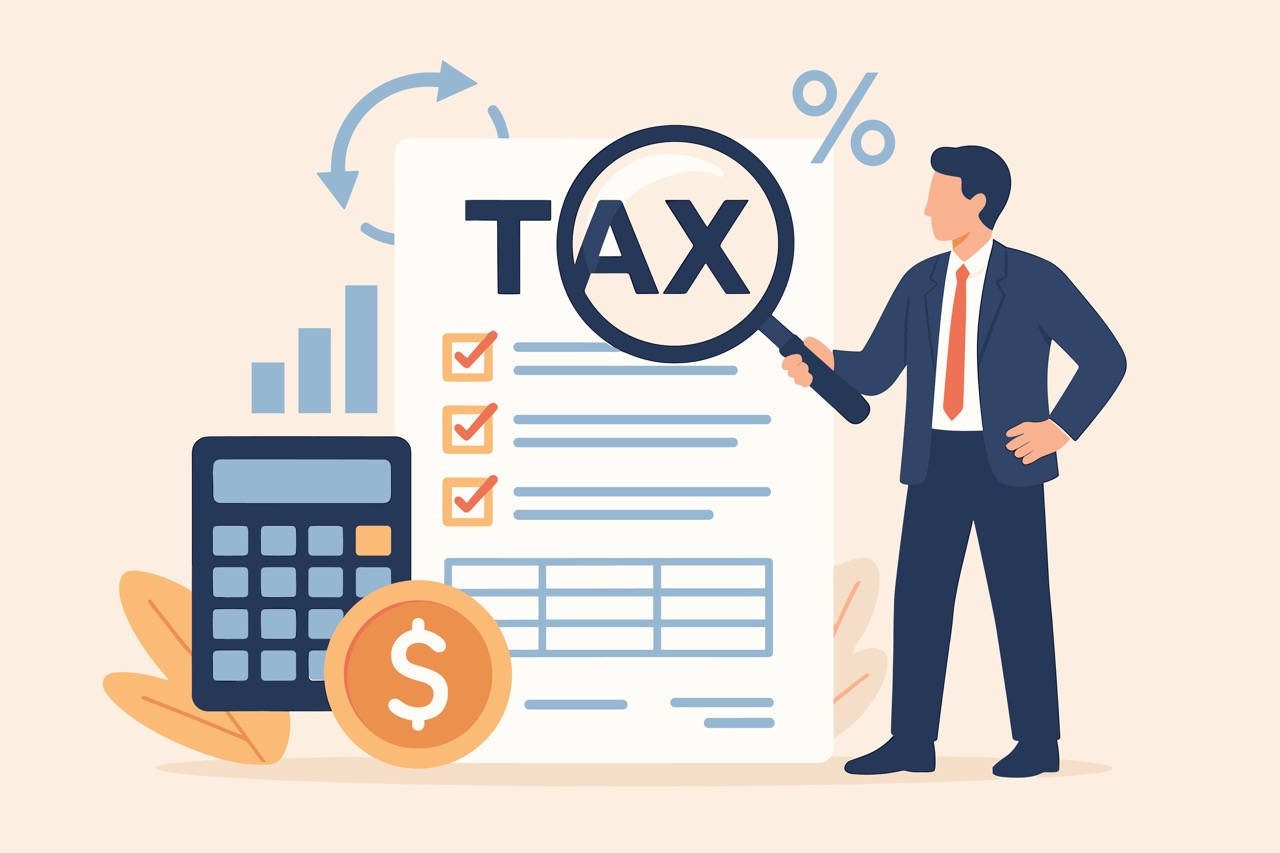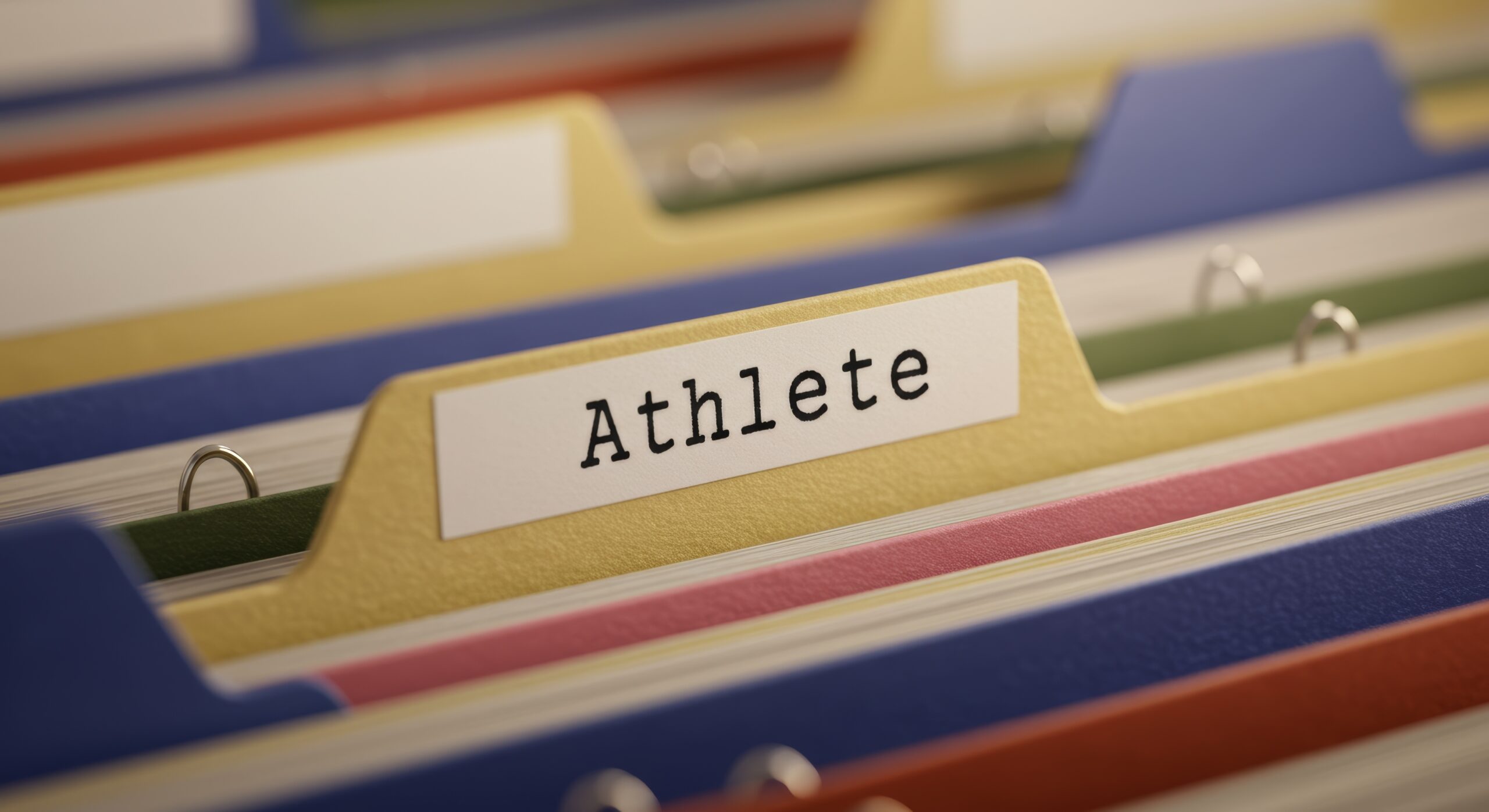NIL Tax Prep for Student-Athletes
NIL income has completely transformed tax responsibilities for student athletes across the country. Before 2021, college athletes couldn’t profit from their personal brands. Now they sign endorsement deals worth thousands or millions of dollars. However, many athletes feel confused about what counts as taxable income.
NIL tax prep ensures compliance with IRS requirements while maximizing legitimate deductions. Proper NIL income reporting protects athletes from penalties and interest charges. Understanding these obligations early prevents costly mistakes down the road.
Smart NIL financial planning includes setting aside money for taxes before spending earnings. Athletes who ignore tax responsibilities face serious consequences. Therefore, proper preparation makes the difference between financial success and struggle.
Understanding NIL Taxes in 2025
The 2025 tax year brings increased IRS enforcement and more NIL earners than ever before. All NIL earnings, whether cash, merchandise, or perks, are considered taxable income. State-level reporting requirements also continue evolving across the country. Athletes must understand both federal and state obligations for proper NIL self-employment tax compliance. Professional guidance helps navigate these complex requirements throughout the NIL tax filing process.
What Counts as NIL Income
If you receive any monetary or financial gain, in cash or non-cash, from a transaction where you benefit from use of your name, image, or likeness, that gain is NIL income. Sponsorships and brand endorsements represent the most common income sources. Merchandise sales with your name or image generate taxable earnings. Social media posts promoting products or services count as income. Paid appearances at events and autograph signings must be reported.
Free products and trips also count as taxable income at fair market value. When brands provide clothing, equipment, or travel benefits, you must report the retail value. This requirement surprises many athletes who don’t receive direct cash payments. Proper NIL income reporting includes tracking all compensation forms accurately.
How NIL Income Is Reported
If you earned $600 or more, your income will be reported on Form 1099-NEC. Companies must provide W-9 forms before making payments over this threshold. You need to file a tax return if you made at least $400 in NIL self-employment activities or if your total income exceeds the standard deduction.
Self-employment tax applies because NIL income counts as business earnings rather than traditional employment. The NIL 1099 form provides documentation for proper NIL tax filing requirements. Athletes should keep copies of all tax forms received throughout the year.
Tracking NIL Deductions and Expenses
Tracking expenses represents a critical component of smart NIL tax prep strategies. Student athletes operate as small businesses under IRS rules. This classification allows deducting legitimate business expenses from taxable income. Proper expense tracking can save thousands of dollars in taxes annually.
What Expenses Are Deductible
Student athletes can deduct ordinary and necessary business expenses related to their NIL income, such as travel, marketing, and professional fees. The IRS requires expenses to be both ordinary and necessary for your NIL business activities.
Common NIL deductible expenses include:
- Travel and lodging for promotional events and brand appearances
- Equipment purchases like ring lights, microphones, and cameras for content creation
- Content creation tools including editing software and graphic design subscriptions
- Agent fees, app fees, and platform charges for NIL management services
- Phone and internet percentage used exclusively for NIL business activities
- Professional services including legal, accounting, and financial advisory fees
Proper documentation proves these expenses connect directly to your NIL activities. Keep receipts and maintain detailed records throughout the year. This preparation simplifies NIL financial planning during tax season.
Common Mistakes to Avoid
Athletes sometimes overreport income by including non-taxable scholarships or grants. Missing small deductions adds up over time and increases tax burden unnecessarily. Not saving receipts creates problems when the IRS requests documentation. Many athletes fail to separate business and personal expenses properly.
Using expense-tracking apps streamlines record-keeping throughout the year. Opening separate business bank accounts simplifies tracking NIL income and expenses. These systems prevent mistakes while maximizing legitimate deductions.
Filing NIL Taxes: Step-by-Step
First-time filers often feel overwhelmed by tax requirements and documentation needs. Breaking the process into manageable steps makes NIL tax prep more approachable. Following these student-athlete tax tips ensures compliance while minimizing stress.
Documents You’ll Need
Gather all necessary documents before starting your tax return:
- 1099-NEC forms showing all NIL earnings from different sources
- W-2 forms if you have traditional employment income from other jobs
- Form 1098-T documenting qualified education expenses and scholarships received
- Receipts and records from all NIL business expenses throughout the year
- Prior-year tax returns for reference and carryover information
Organizing these NIL tax forms early in tax season prevents last-minute scrambling. Missing documents can delay filing and create compliance issues.
How to File as Self-Employed
All athletes have to fill out a tax return to report and pay their self-employment taxes if they make at least $400 in NIL activities. The NIL self-employment tax equals 15.3% on 92.35% of your net income. This covers Social Security and Medicare contributions that employers normally pay.
Most NIL earners should make quarterly estimated payments to avoid penalties. The IRS assesses interest charges when you underpay throughout the year. Schedule C reports your profit or loss from NIL business activities. This form calculates net income after deducting legitimate business expenses.
Setting Aside for Taxes
Financial experts recommend saving 30-40% of all NIL income for tax obligations. This amount covers both self-employment and income taxes at various rates. Opening a separate savings account for NIL quarterly taxes prevents spending money needed for tax payments. High earners in states with income taxes may need to save even more. Professional guidance helps determine your specific savings percentage based on total earnings.
International Student-Athletes and NIL Taxes
International students face additional complexities when earning NIL income in the United States. Non-resident tax obligations differ significantly from domestic student requirements. F-1 visa holders must carefully follow IRS rules for foreign income sources.
Services like Sprintax specialize in non-resident tax preparation for international students. Licensed tax preparers familiar with international student issues provide essential guidance. These student-athlete tax tips help avoid visa complications and tax penalties. Therefore, international athletes should never attempt filing without professional assistance.
NIL tax filing for international students requires understanding tax treaties between countries. Some treaties provide exemptions or reduced rates on certain income types. Professional advisors ensure you claim all available benefits while maintaining compliance.
How Schools and Advisors Can Help
Universities increasingly provide NIL financial education sessions for student athletes. Regular compliance workshops teach proper tracking, reporting, and tax planning strategies. App-based tracking tools simplify expense documentation throughout the year. Many schools partner with professional advisors who understand NIL-specific challenges.
PMG Private NIL offers comprehensive guidance tailored specifically for student athletes. Our services address unique challenges including irregular income patterns and short earning windows. We provide ongoing support beyond basic tax preparation services. NIL financial planning includes investment strategies and wealth preservation techniques. Proactive NIL income protection prevents costly mistakes while maximizing earning potential. Schools should encourage athletes to establish professional relationships early in their NIL careers.
Final NIL Tax Tips for Student-Athletes
Early planning prevents tax penalties and maximizes legitimate deductions throughout the year. Starting tax prep in January rather than April reduces stress significantly. Professional guidance provides peace of mind while ensuring full compliance. Smart athletes treat NIL income as serious business requiring professional support.
Remember these essential points for successful NIL tax management:
- NIL earnings count as self-employment income requiring quarterly tax payments
- Keep detailed records and receipts for all income and expenses year-round
- Deduct legitimate business expenses to reduce your overall tax burden
- File on time to avoid IRS penalties, interest charges, and compliance issues
- Use professional NIL tax prep services for compliance and peace of mind
Following these guidelines protects your earnings while building long-term financial security.
Simplify Your NIL Taxes with PMG Private NIL Experts
Managing NIL taxes doesn’t have to be overwhelming when you have expert guidance. PMG Private NIL specializes in comprehensive financial services designed specifically for student athletes navigating complex tax requirements.
Our NIL tax prep services include complete tax planning and filing support. We handle entity setup including LLC and S-Corporation formation for tax benefits. Contract and deal review identifies tax implications before you sign agreements. NCAA and IRS compliance tracking prevents eligibility issues and penalties. Personal finance education empowers you to make smart money decisions.
NIL financial planning with PMG Privvate NIL ensures you keep more of what you earn. Don’t let tax complexity derail your financial future.
PMG PRIVATE NIL
Location: 1800 E Las Olas Blvd fl 2, Fort Lauderdale, FL 33301
Email: info@pmgnil.com
Phone: (954) 395-1225




